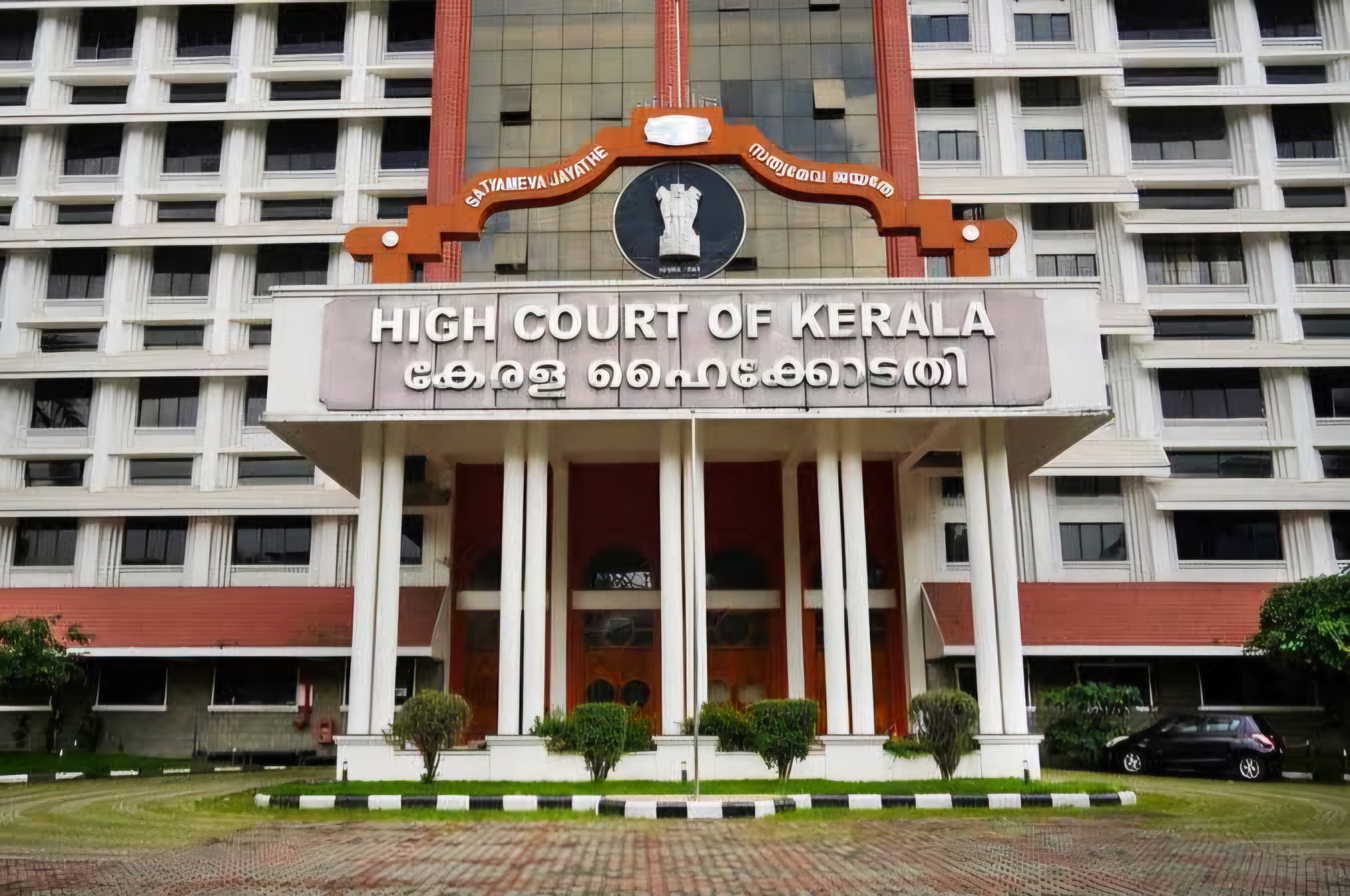


In a noteworthy administering, the Kerala Tall Court as of late held that an denounced enduring from Alzheimer's malady, who is unfit of making his defense due to the condition, is entitled to assurance beneath the Bharatiya Nagarik Suraksha Sanhita (BNSS). The court too expanded this assurance reflectively to cases started some time recently July 1, 2024, checking a significant minute within the translation of criminal law with respect to mental wellbeing and mental incapacities.
The Case of VI Thankappan v State of Kerala & Anr
Equity K Babu, directing over the case VI Thankappan v State of Kerala & Anr, tended to the lawful rights of a 74-year-old denounced in a case beneath the Anticipation of Debasement Act (PC Act). The denounced, analyzed with progressed Alzheimer's Dementia, contended that he was unfit of protecting himself. Whereas the trial court at first rejected claims of unsoundness of intellect, it in the long run requested a restorative assessment, which affirmed serious dementia. Despite this, the trial judge directed the accused to seek further psychiatric assessment. Challenging this directive, the accused approached the Kerala High Court, leading to an in-depth judicial examination of the rights of individuals suffering from mental and intellectual disabilities during legal proceedings.
Fair Trial and Article 21
Justice Babu underscored that the right to a fair trial is fundamental under Article 21 of the Constitution. "It is the right of the accused to have a fair trial as provided under Article 21 of the Constitution, which is sacrosanct of criminal jurisprudence," the Court said. In this context, the court stressed that failing to apply the provisions of the BNSS retrospectively to accused persons suffering from intellectual disabilities, including Alzheimer's Dementia, would compromise their right to a fair trial.
The BNSS and CrPC: Expanding Protections
Unlike the CrPC, which primarily extends protection to persons of unsound mind, the BNSS includes individuals with intellectual disabilities. The Court noted that this broader definition aligns with the Mental Healthcare Act of 2017, ensuring a more inclusive approach to individuals who cannot defend themselves due to conditions like dementia.
"A conjoint reading of the Mental Healthcare Act and the relevant provisions in the Sanhita indicates that the Legislature has given a wider canvass to the phrase ‘incapability of making defence’ by incorporating the term ‘intellectual disability’.
Alzheimer's Dementia as Intellectual Disability
The ‘intellectual disability’ referred to in Section 368 of the Sanhita includes Alzheimer’s Dementia if it is in such a stage in which the accused person is incapable of making his defence." Thus, the High Court ruled that Alzheimer's Dementia, in cases where it incapacitates the accused from making a defense, warrants protection under the BNSS.
This ruling ensures that Chapter XXV of the CrPC and Chapter XXVII of the BNSS are applied to such individuals. Retrospective Application of the BNSS One of the most significant aspects of the ruling was the retrospective application of the BNSS. Justice Babu pointed out that treating accused individuals under different laws—CrPC and BNSS—depending on the timing of their cases would violate Article 14 of the Constitution, which guarantees equality before the law.
"Among equals, the law should be equal and equally administered and should be treated alike. The guarantee of ‘equal protection’ under Article 14 is a guarantee of equal treatment of persons in ‘equal circumstances’," the Court held.
Conclusion
In conclusion, the Court determined that the provisions of the BNSS should be extended to cases that predate its implementation, thereby ensuring that individuals with intellectual disabilities are afforded equal protection under the law.
Criticism of the Trial Court’s Approach The Kerala High Court was critical of the special judge's decision to direct the accused to arrange his own psychiatric evaluation. "The learned Special Judge lost sight of the principle that he has an onerous responsibility to try the issue as to whether the petitioner has any mental disability. The order impugned is patently illegal and irregular," the Court remarked.
Consequently, the case was remanded back to the special judge for reconsideration, with a clear directive to evaluate the accused's condition in line with the provisions of the BNSS.
TAGS: Kerala High Court Alzheimer's intellectual disability BNSS CrPC fair trial Article 21 Article 14 Prevention of Corruption Act Mental Healthcare Act unsound mind VI Thankappan